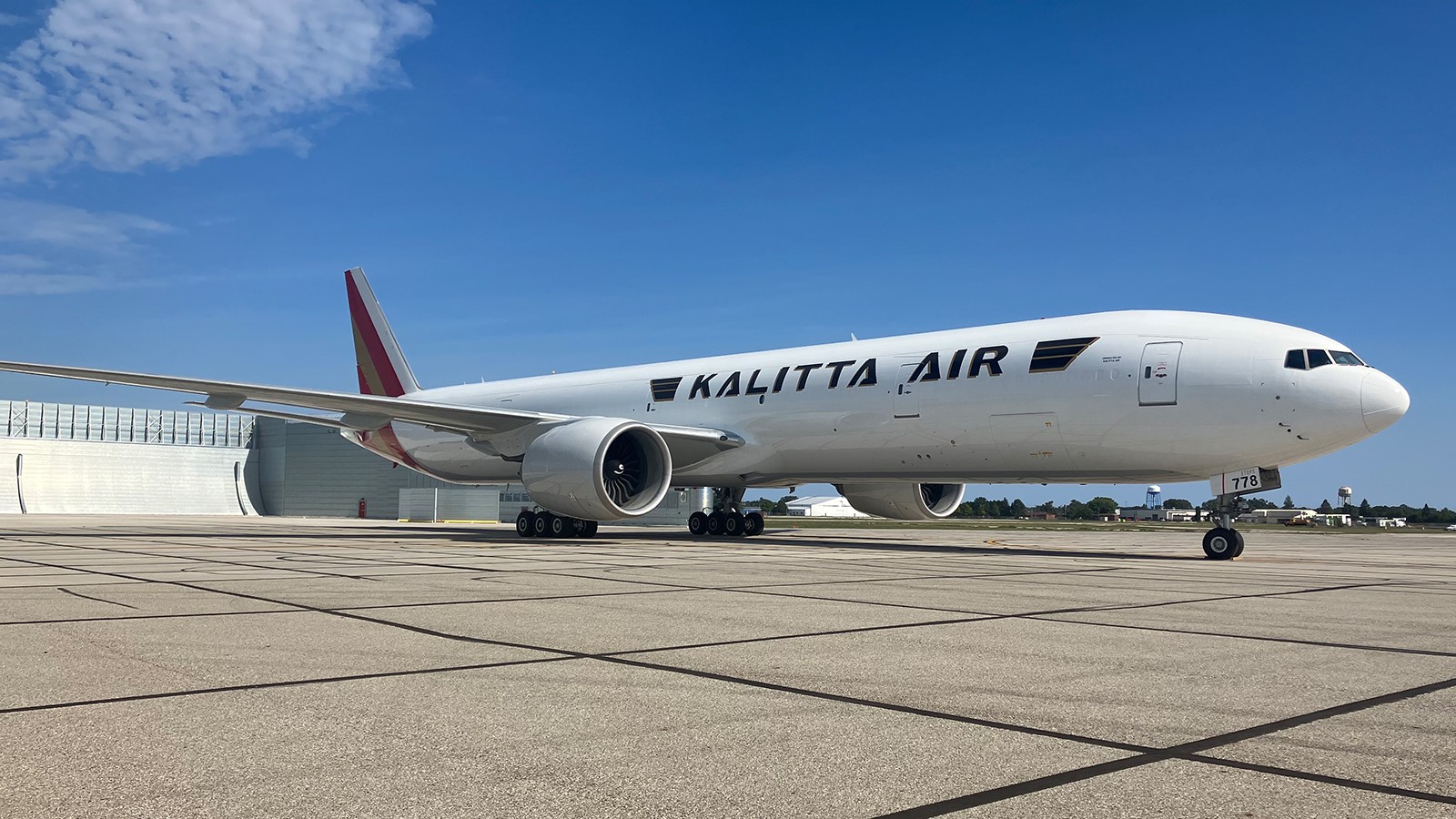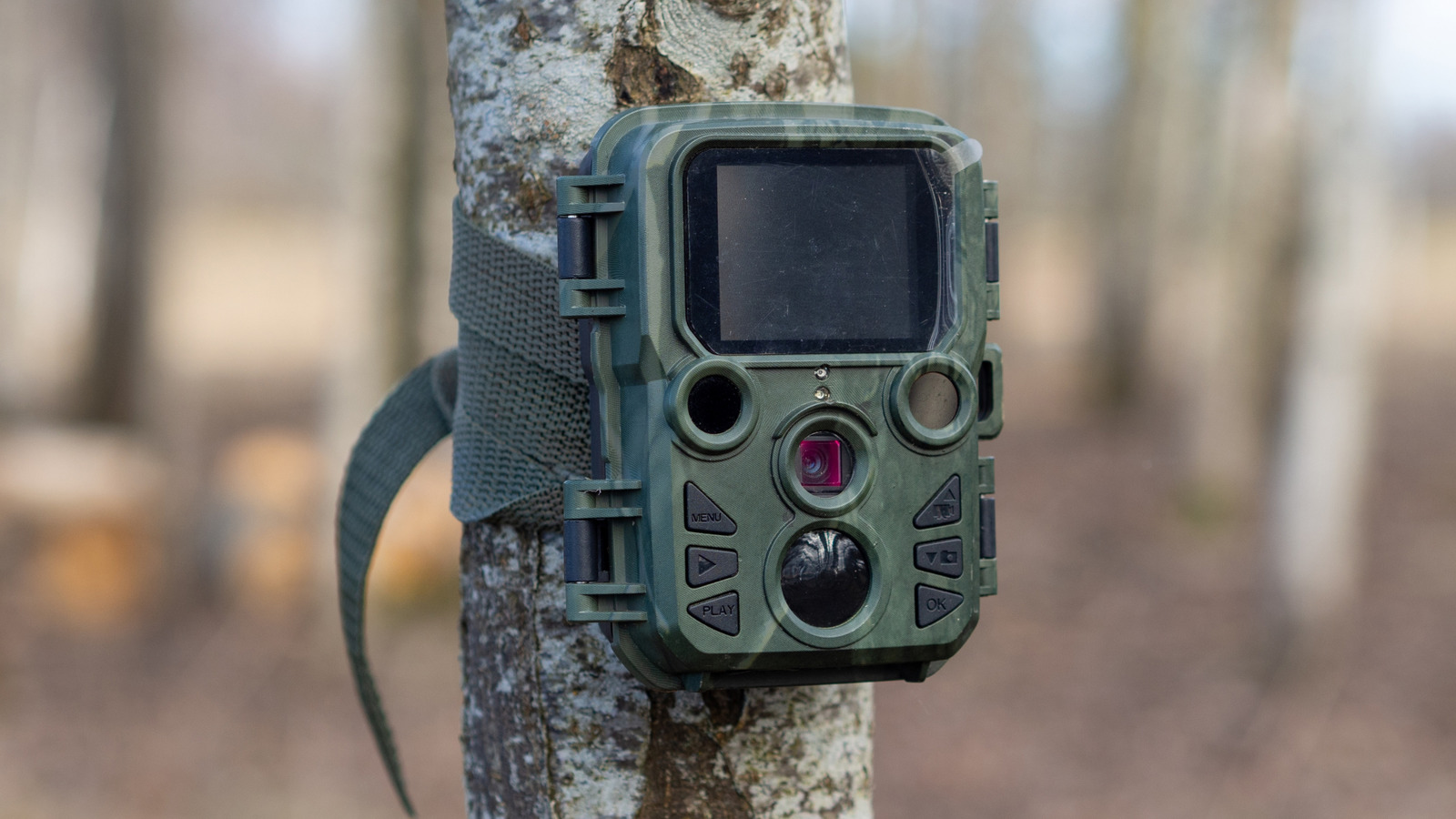
Kalitta Air says the ex-Emirates 777s, which have a payload of 110 tons, will be used to replace ageing Boeing 747 cargo jets. IAI is scheduled to deliver more aircraft in the coming weeks.
The redesigned jets are dubbed the “Big Twin” because of the 777’s size and two GE-90 engines. With 25% more interior volume than a 777-200, the 777-300 Extended Range freighter is well suited for lightweight e-commerce shipments that take up a lot of space and don’t weigh as much as other commodities. It has 14% more volume than a 747-400 converted freighter and is 21% more fuel-efficient, according to IAI.
“Kalitta Air has always embraced new technology to serve our customers, and we are proud to be the launch operator for the first 777-300 Extended Range Special Freighter. This aircraft will give us greater range and payload capability to meet growing demand in the global cargo market,” said Connie Kalitta, founder and CEO of Kalitta Air.
Headquartered in Ypsilanti, Michigan, Kalitta Air operates 21 Boeing 747-400 cargo jets and 10 factory-built 777 freighters, according to aviation databases. Among its key customers are DHL Express and the U.S. military.
IAI and AerCap have previously indicated they have dozens of orders for their 777 conversion. Customers include Emirates SkyCargo, which has committed to 10 aircraft; Tel Aviv-based Challenge Airlines, with an order for six converted freighters and an option for four additional units; Taiwan’s EVA Air; and Hong Kong startup Fly Meta, which has signed a lease for four 777-300 units and will place the aircraft Malta-based Air Atlanta Europe to fly on its behalf.
Kalitta Air originally was scheduled to take delivery of the first “Big Twin” in 2023.
Lingering supply chain bottlenecks following the Covid pandemic and limited FAA resources directed towards reviewing applications for 777 structural modifications because of the focus on Boeing quality control problems have delayed certification of new programs from IAI and U.S.-based competitor Mammoth Freighters, according to aerospace industry executives. Widespread criticism of the FAA for its safety oversight of Boeing’s manufacturing following two 737 MAX crashes and a door-plug blowout during flight have made FAA regulators excessively cautious when reviewing any new designs.
The IAI program also was hindered by Israel’s war against Hamas, with test flights limited at times because of rocket activity and some workers required to report for military duty.
Mammoth Freighters also has dozens of orders for its converted aircraft. Qatar Airways is the launch customer for Mammoth’s 777-200 Long Range freighter and Avia AM Leasing will take the initial batch of 777-300s. Mammoth is already producing aircraft in anticipation of certification at its assembly hangar in Fort Worth, Texas, and a partner facility in Manchester, England.
Mammoth Freighters began test flying the 777-200 earlier this year.
A third group, the Kansas Modification Center, is also developing a 777-300 conversion program, but is well behind IAI and Mammoth.
Air cargo and logistics executives have expressed concern about a potential shortage of large freighter aircraft in a few years, with demand for air cargo projected to grow nearly 4% per year amid a large retirement wave for aging freighters, production delays for next-generation freighters under development by Boeing and Airbus, and questions of feedstock availability as passenger airlines cling to 777s because of the prolonged certification of the next-generation 777X.
About a fifth of the 650 widebody freighters in intercontinental operation today are older than 30 years and soon eligible for retirement, according to cargo airline Atlas Air.
Advisory firm IBA estimates the price for a mid-life 777-300 converted freighter, including acquisition costs, is $75 million to $80 million. If the engines require an overhaul, the prices is expected to be closer to $100 million.
IAI has arranged production partnerships for 777-300 conversions with Etihad Engineering in Abu Dhabi, Sharp Technics K at Incheon airport in Seoul, South Korea, and Ascent Aviation Services in Marana, Arizona, to help expedite deliveries.
Write to Eric Kulisch at ekulisch@freightwaves.com.
RELATED STORIES:
Boeing raises outlook for widebody freighters as 777-8 production begins
Israel’s Challenge Group prepares to fly all-new 777 converted freighter



